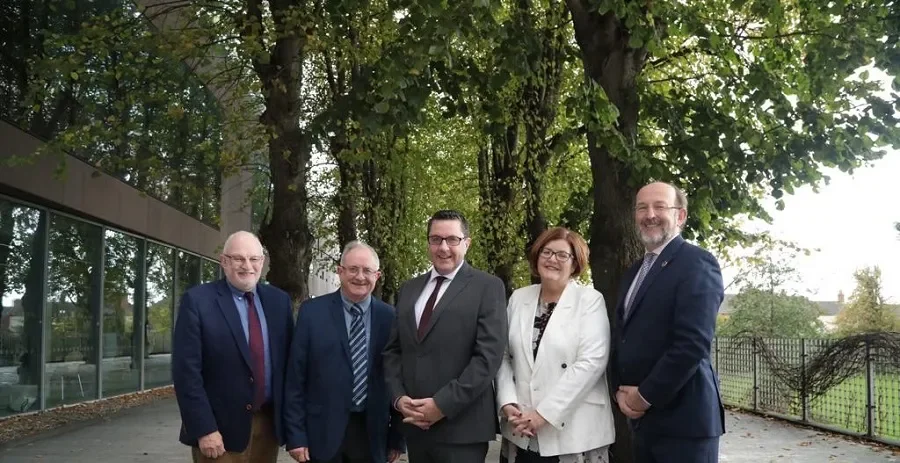

UNESCO Chair highlights the importance of involving children in tackling bullying
The inaugural lecture by the UNESCO Chair on Tackling Bullying in Schools and Cyberspace, Professor James O’Higgins Norman, highlighted the importance of involving the voices of children and teenagers in developing research and initiatives to tackle bullying.
“For far too long the voices of children have not been recognised and listened to by adults”, said Professor James O’Higgins Norman.
“Knowledge comes from experience and perception and children are the drivers of how to cope with the ever-changing types of bullying.”
“We must begin to involve children in research, not just as respondents but also as co-researchers and commissioners of research. The old saying of ‘Children should be seen and not heard’ should be turned on its head. We need to look from the inside out and not the outside in. By this I mean to be guided by children and adolescents on how best adults can help them."
Since the publication of the first systematic study on school bullying by Olweus in 1973, the majority of research and initiatives to tackle bullying have relied on specific definitions and approaches that understand children as passive participants on a developmental journey relying on adults to protect them from bullying and violence so that they can successfully reach adulthood. However, evolving conceptualisations of childhood have led to a realisation that children are not merely incomplete adults but agents in their own wellbeing.
Professor O’Higgins Norman spoke about how essential it is for researchers and educators to pay attention to their voice and to facilitate them in maximising their experience of childhood through the provision of safe educational environments. As partners in research and education, young people and adults can tackle bullying in schools and online more effectively.
The award of the UNESCO Chair to DCU is part of a global partnership between UNESCO [United Nations Educational, Scientific and Cultural Organisation] and the University in a major international research collaboration aimed at tackling the growing phenomenon of bullying in schools and online.
DCU’s UNESCO Chair has outlined a number of key objectives, including: a major systematic review of the international evidence in relation to the effects of bullying on how migrant children experience equality and wellbeing in schools, (i.e. TRIBES); explore the possibility for whole-school anti-bullying interventions and to support local level delivery through partner institutions in different countries. (i.e. FUSE; and consolidate materials and resources for delivery in terms of high quality training courses (ie.e BreaThe/ DisAbuse).
The lecture entitled ‘Tackling Bullying from the inside out: Shifting Paradigms in Bullying Research and Intervention’ took place yesterday in the Seamus Heaney Theatre on DCU’s St. Patrick’s Campus. For more information visit www.antibullyingcentre.ie
